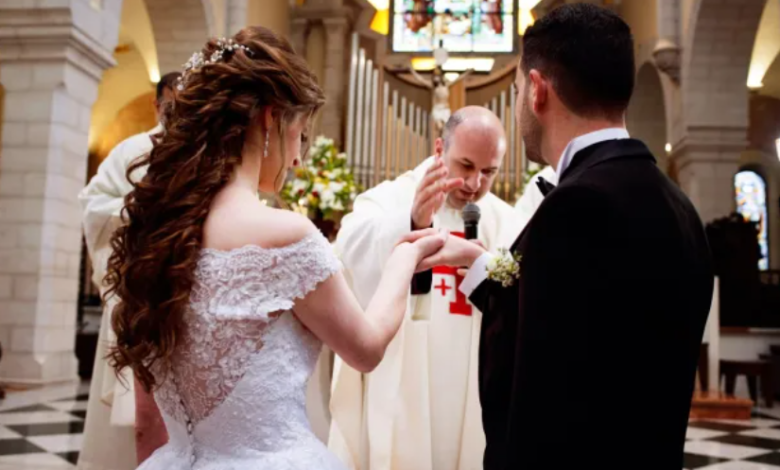Rushed Vows: The Hidden Costs of Marrying Too Young

Marriage is a beautiful commitment built on love, trust, and shared goals. But when entered into too early, it can also become a source of tension, regret, and unmet expectations. While young love often feels passionate and invincible, the decision to marry at a very young age can carry hidden emotional, financial, and psychological costs that only surface over time. In this post, we explore the often-overlooked consequences of marrying too young and why waiting can be a wise choice.
The Illusion of Forever at a Young Age
When you’re young, love can feel all-consuming. The heady rush of first love, combined with the desire for stability or independence, often leads couples to fast-track their relationships. However, those in their late teens or early twenties are still developing their identities. Who you are at 18 or 20 can be vastly different from who you are at 30.
This period of personal growth is crucial, and if a marriage is formed before that growth has fully taken place, it can result in one or both partners outgrowing the relationship. What once felt like “soulmate” energy might later feel restrictive or mismatched as personal needs evolve.
Financial Struggles and Career Setbacks
One of the most significant but less visible consequences of early marriage is financial instability. Young couples are often still in school, in the early stages of their careers, or struggling to find stable employment. Without a strong financial foundation, the stress of paying bills, managing debt, or planning for a future family can create immense pressure.
Additionally, early marriage can interfere with educational and career goals. Juggling responsibilities such as work, school, and family life at a young age can be overwhelming and may limit opportunities for personal advancement. In some cases, one partner may end up sacrificing their dreams or goals to support the other or to take on household responsibilities.
Emotional Immaturity and Conflict
Emotional intelligence and conflict resolution skills typically grow with age and experience. Younger couples may not have the tools needed to manage serious disagreements, leading to miscommunication, resentment, or toxic patterns. Issues like jealousy, trust, and unmet expectations can escalate quickly in relationships where emotional maturity hasn’t fully developed.
Moreover, many young couples don’t seek counseling or support because they don’t recognize the severity of their challenges—or they’re embarrassed to ask for help. This silence can prolong problems and make separation or divorce more likely.
See also: What are the Lifelong Changes After a Hip Total Replacement?
Limited Life Experience and Perspective
Marrying young can mean missing out on formative life experiences that contribute to individual identity. Traveling, living alone, building a career, exploring different social circles—these are opportunities that help shape who we are. When marriage occurs too soon, some of these experiences may be sacrificed or delayed indefinitely.
This can lead to feelings of resentment or “what if” thinking later in life. While not every young marriage results in regret, it’s common for people to look back and feel that they rushed into adulthood before they truly knew what they wanted or needed from life and a partner.
Higher Risk of Divorce
Research consistently shows that individuals who marry before the age of 25 are more likely to experience divorce than those who wait until they’re older. While some early marriages do succeed, the overall trend points to greater instability in these unions. Factors such as financial pressure, lack of emotional maturity, and evolving personal identities often create challenges that young couples struggle to manage over time. For those facing such difficulties, speaking with a qualified divorce lawyer in Salt Lake City, Utah, can provide clarity and guidance on the next steps.
What’s the Alternative?
Waiting to marry doesn’t mean delaying love or avoiding commitment. It simply means giving yourself time to grow, to understand who you are, and to build a strong foundation for a lasting partnership. Cohabitation, long-term dating, or even engagement without rushing the wedding can provide the space needed to ensure the relationship is solid and that both partners are aligned in their goals and values.
Final Thoughts
Love is powerful, and finding someone who lights up your world is a wonderful experience at any age. However, when it comes to marriage—a lifelong commitment—it’s essential to move with intention rather than haste. Rushed vows, especially in youth, can carry hidden costs that extend far beyond the wedding day.
Taking the time to know yourself, your partner, and the life you want to build together is not just wise—it’s essential. Marriage is not a race; it’s a journey, and the strongest journeys begin with a solid understanding of who you are and where you’re going.





